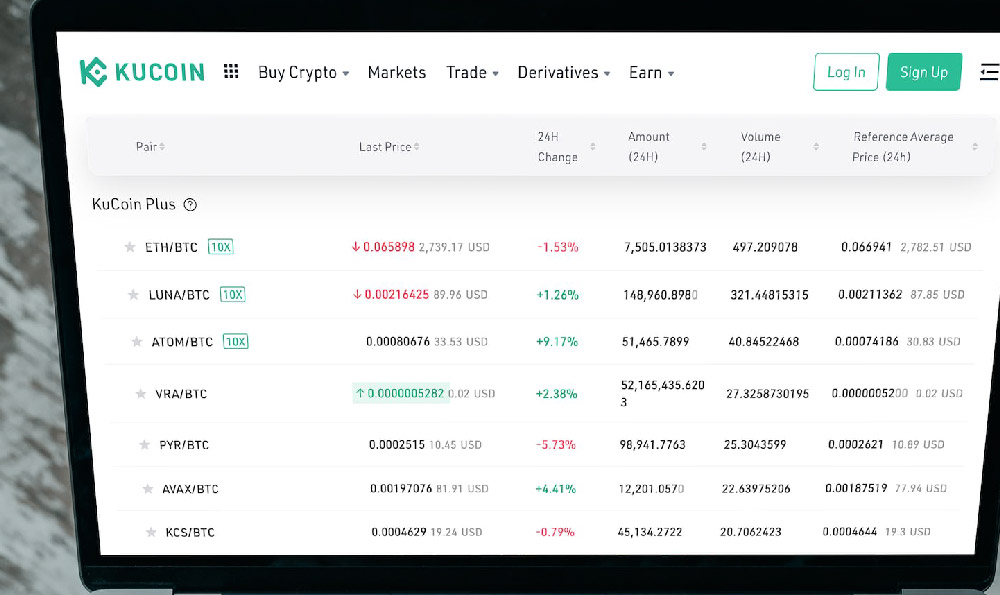Is streaming a viable way to make money? How can you monetize your streams effectively?
Streaming, at its core, represents a compelling evolution in content creation and consumption. It transcends the traditional barriers of entry that once confined aspiring entertainers and experts to established media outlets. The accessibility of platforms like Twitch, YouTube Live, Facebook Gaming, and Kick has democratized broadcasting, allowing individuals to cultivate audiences and potentially generate income through their passion and expertise. However, the question of whether streaming is truly a viable way to make money is complex and requires a nuanced understanding of the streaming ecosystem, the strategies for monetization, and the realities of building a sustainable online presence.
Viability is contingent on several factors. It's not simply about turning on a camera and broadcasting content. It's about building a community, consistently delivering engaging experiences, and, crucially, understanding the financial landscape of the streaming world. While the potential for earning significant income exists, the vast majority of streamers do not become wealthy. The market is saturated, competition is fierce, and achieving a level of viewership that translates into meaningful revenue requires dedication, strategic planning, and often, a significant time investment before seeing substantial returns.
The dream of quitting your day job and becoming a full-time streamer is alluring, but the reality is that most aspiring streamers treat it as a side hustle, supplementing their income with earnings from other sources. This is a pragmatic approach, allowing them to develop their skills, build their audience, and experiment with monetization strategies without the pressure of immediate financial dependence.

Monetizing streams effectively is a multi-faceted process that extends beyond simply hitting the "go live" button. Diversification of revenue streams is critical. Relying solely on one source of income can be precarious, as platforms can change their policies, algorithms, or payment structures at any time. Therefore, successful streamers adopt a portfolio approach, utilizing a combination of methods to maximize their earning potential.
The most common and arguably most direct method of monetization is through platform-specific programs. Twitch, for example, offers the Affiliate and Partner programs, which allow streamers to earn revenue through subscriptions, bits (Twitch's virtual currency that viewers can purchase and donate), and advertising revenue. YouTube offers a similar partner program, enabling streamers to monetize their videos with ads. These programs generally require meeting certain eligibility criteria, such as minimum follower counts and consistent streaming schedules.
Subscriptions provide a recurring source of income, fostering a sense of community and exclusivity. Streamers often offer tiered subscription models with varying levels of perks, such as custom emotes, badges, access to subscriber-only chat rooms, and the ability to participate in subscriber-only events. This incentivizes viewers to become paying subscribers and provides them with tangible benefits for their support.
Donations are another significant source of revenue for many streamers. Viewers can directly donate money to support their favorite streamers through platforms like PayPal or through third-party services integrated into the streaming platform. Engaging with viewers during streams and expressing gratitude for donations is crucial for cultivating a positive and supportive community.
Beyond platform-specific programs, sponsorships and brand partnerships offer lucrative opportunities for streamers with substantial audiences. Brands are increasingly recognizing the value of reaching engaged audiences through influencer marketing, and streamers can leverage their platform to promote products or services that align with their content and audience interests. Securing sponsorships requires demonstrating a consistent stream schedule, a strong engagement rate, and a professional demeanor. Streamers often need to proactively reach out to brands or work with agencies to secure these partnerships.
Affiliate marketing is another viable strategy, allowing streamers to earn commissions by promoting products or services and driving sales through unique affiliate links. This method is particularly effective for streamers who review products, provide tutorials, or discuss specific brands within their content. Transparency is key when engaging in affiliate marketing. Streamers should always disclose their affiliate relationships to maintain the trust of their audience.
Selling merchandise, such as t-shirts, hoodies, or other branded items, can be a profitable way to monetize a stream and further build brand recognition. This allows viewers to support the streamer while also displaying their fandom. Designing appealing merchandise and effectively promoting it during streams are essential for success.
Creating and selling digital products, such as ebooks, courses, or digital art, can be another avenue for monetization, particularly for streamers who offer educational or creative content. This allows streamers to leverage their expertise and provide valuable resources to their audience.
Building a successful streaming career requires a strategic approach to marketing and promotion. Simply streaming consistently is not enough. Streamers need to actively promote their content on social media platforms, engage with their audience in Discord servers or other online communities, and collaborate with other streamers to expand their reach. Cross-promotion and networking are essential for growing an audience and increasing visibility.
Finally, it's important to acknowledge the demanding nature of streaming. It requires significant time investment, creativity, and resilience. Burnout is a real concern, and streamers need to prioritize their mental and physical health to maintain a sustainable career. Setting realistic goals, managing expectations, and seeking support from other streamers or online communities can help prevent burnout and foster a positive streaming experience. In conclusion, streaming can be a viable way to make money, but it requires a strategic, diversified approach to monetization, a commitment to building a community, and a realistic understanding of the challenges and opportunities within the streaming ecosystem. The most successful streamers treat it as a business, continuously learning, adapting, and innovating to stay ahead of the curve.















